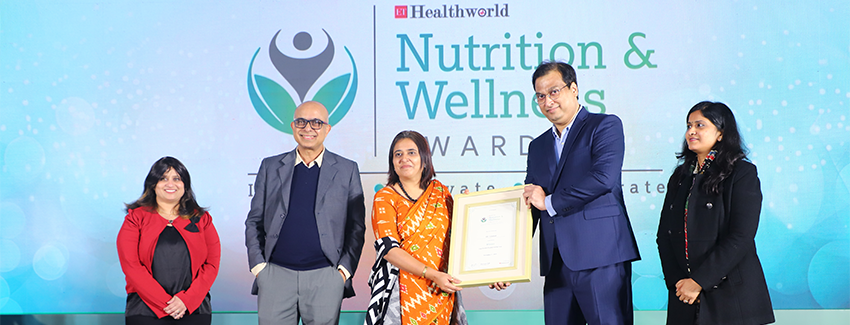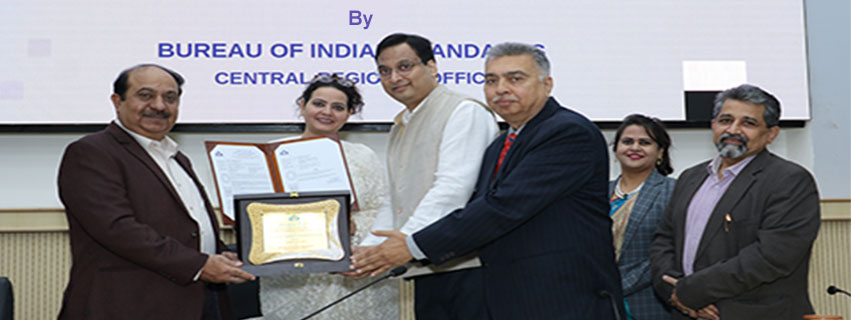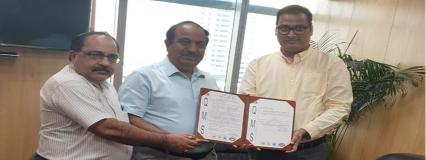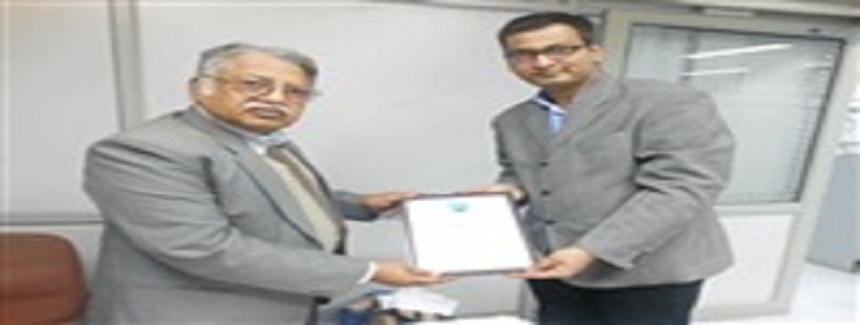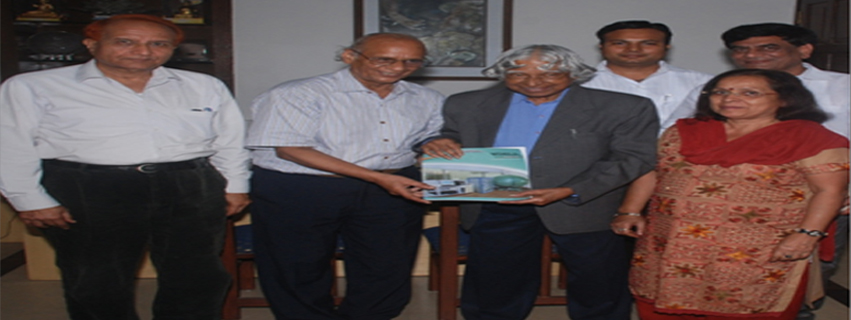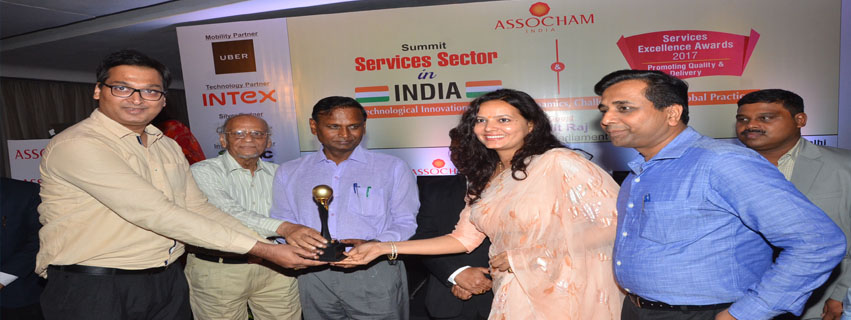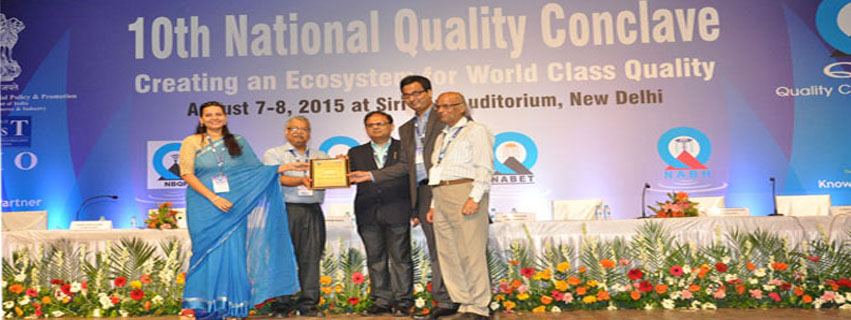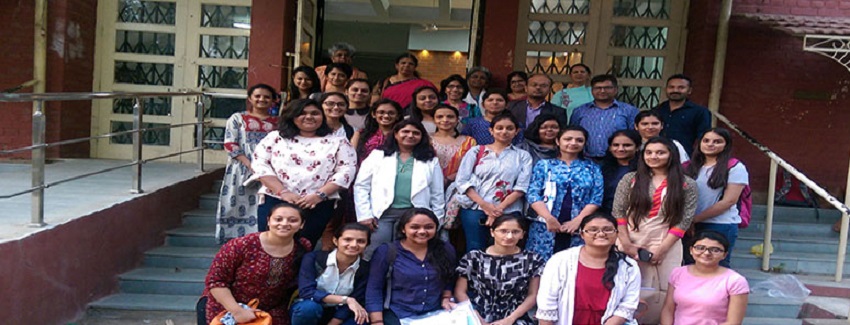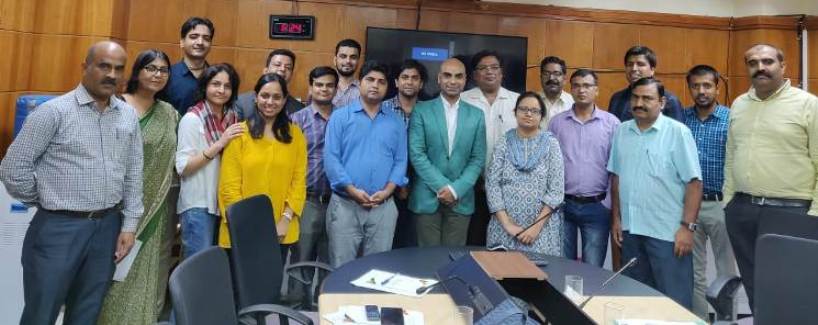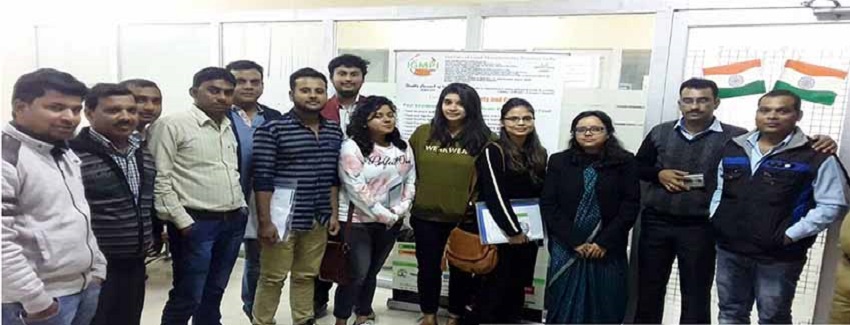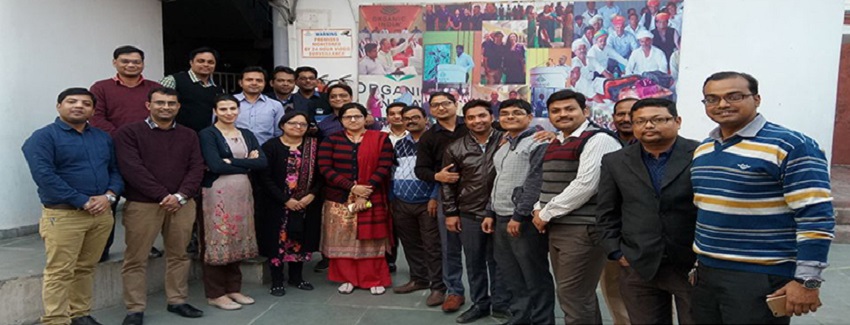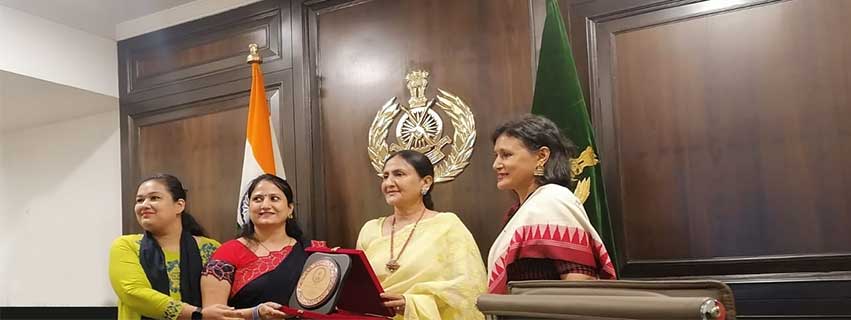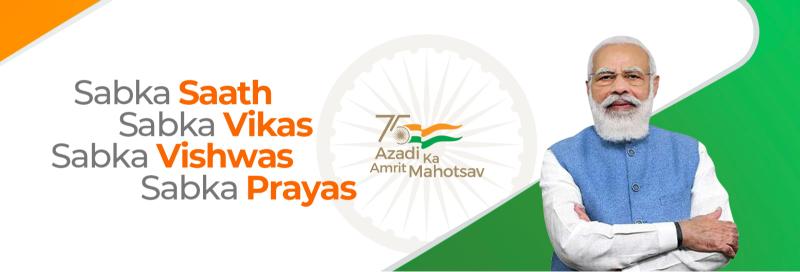(An Autonomous Body Recognized by Ministry of Commerce & Industry, Government of India)
Competency based placement focussed Education | Training | Research | Consultancy
Post Graduate Diploma/Executive Diploma in Urban Planning (PGDUP/EDUP)
The Post Graduate Diploma / Executive Diploma in Urban Planning is a specialized program designed to equip professionals with the necessary expertise to tackle the complexities of urbanization and sustainable development. With rapid urban growth, cities face challenges such as infrastructure strain, environmental sustainability, housing shortages, and digital transformation. This program provides a holistic understanding of urban planning, governance, and technological advancements, enabling participants to develop innovative and sustainable solutions for urban spaces. By integrating theoretical insights with real-world applications, this diploma empowers professionals to drive urban development policies, implement smart city initiatives, and enhance the resilience of urban areas.
The curriculum covers a broad spectrum of essential topics, starting with an introduction to urban development and theories of urbanization, exploring global trends, megacities, smart city models, and the role of AI and digitalization in urban planning. Participants will gain foundational knowledge of urban planning principles, policies, and regulations, including land use planning, zoning laws, transit-oriented development, and comparative urban planning approaches in developing and developed nations. A key focus is on sustainable and resilient urban planning, addressing mixed-use development, climate adaptation strategies, smart growth, and community participation. The program also delves into urban ecology and climate resilience, covering urban biodiversity, nature-based solutions, and sustainable water management.
Further, participants will explore urban social issues and governance, including affordable housing, urban mobility, social equity, and digital governance. Modules on sustainable development and critical urban challenges will examine low-carbon infrastructure, public-private partnerships, and strategies to mitigate the urban heat island effect. The course also emphasizes emerging fields such as urban food systems and agriculture, green buildings and energy efficiency, and geoinformatics, AI, and big data for urban development. Through case studies from India and global cities, participants will gain insights into successful urban development initiatives, policy frameworks, and innovative urban strategies. The program concludes with an in-depth analysis of urban resilience, disaster management, carbon management, and the circular economy, equipping professionals with the tools to build climate-resilient, sustainable, and smart cities for the future.
Programme Structure
Module 1: Introduction to Urban Development and Theories of Urbanization
- Evolution of Urbanization: Historical to Modern Perspectives
- Global Trends in Urbanization & Megacities
- Smart Cities & Future Urbanization Models
- Role of AI & Digitalization in Urban Planning
Module 2: Urban Planning: Principles, Policies, and Regulations
- Fundamentals of Urban Planning & Land Use Planning
- Zoning Laws & Building Regulations
- Transit-Oriented Development (TOD)
- Urban Planning in Developing vs. Developed Countries
Module 3: Sustainable & Resilient Urban Planning
- Compact Cities & Mixed-Use Development
- Resilience Planning for Climate Change Adaptation
- Smart Growth Strategies & Green Infrastructure
- Community Participation in Urban Planning
Module 4: Urban Ecology, Environment, and Climate Resilience
- Urban Ecosystems & Biodiversity
- Climate Change Adaptation for Cities
- Nature-Based Solutions & Urban Greening
- Sustainable Water & Wastewater Management
Module 5: Urban Social Issues, Governance, and Inclusive Policies
- Affordable Housing & Slum Rehabilitation
- Urban Mobility & Public Transport Policies
- Social Equity & Citizen Engagement
- E-Governance & Digital Transformation in Urban Management
Module 6: Sustainable Development & Critical Urban Challenges
- Sustainable Urban Planning & Design
- Urban Heat Island Effect & Mitigation Strategies
- Low-Carbon Infrastructure Development
- Public-Private Partnerships (PPPs) in Urban Growth
Module 7: Urban Food Systems and Agriculture
- Role of Urban Agriculture in Food Security
- Vertical Farming & Hydroponics
- Policy Frameworks for Urban Farming
- Climate-Resilient Food Systems
Module 8: Urban Development Initiatives & Case Studies (India & Global)
- Smart City Mission & AMRUT (India)
- Global Case Studies of Sustainable Cities (Copenhagen, Singapore, etc.)
- Special Economic Zones (SEZs) & Urban Growth Strategies
- Role of NGOs & Community-Led Initiatives in Urban Development
Module 9: Green Buildings, Energy Efficiency & Certifications
- Net-Zero Buildings & Passive Design Strategies
- Leadership in Energy and Environmental Design (LEED) & IGBC
- Renewable Energy in Urban Infrastructure
- Building Information Modelling (BIM) & AI for Smart Construction
Module 10: Geoinformatics, AI & Big Data for Urban Development
- GIS & Remote Sensing for Urban Planning
- AI & Machine Learning for Smart City Management
- Digital Twins & Real-Time Urban Analytics
- Open Data & Citizen Science for Sustainable Development
Module 11: Urban Resilience, Disaster Management & Risk Reduction
- Urban Flooding & Climate Resilience Strategies
- Earthquake-Resistant Urban Planning
- Smart Warning Systems & AI in Disaster Prediction
- Governance & Policy Frameworks for Urban Risk Management
Module 12: Carbon Management, Green Transition & Circular Economy
- Decarbonization Strategies for Cities
- Waste-to-Energy & Circular Urban Economy
- Carbon Credits & Climate Financing
- Industrial Emissions & Low-Carbon Manufacturing Zones
Module 13: Industry Case Studies & Future Roadmap for Urban Development
- Real-Life Urban Redevelopment Projects
- Future of Work & Urban Labor Markets
- Innovation Hubs & Startups in Urban Management
- Policy Recommendations for Sustainable Urbanization
Module 14: Capstone Project
Eligibility
Graduates in any discipline are eligible for our Post Graduate Diploma, Executive Diploma and Professional Certification Programmes.
Programme Duration
The minimum duration to complete the PG diploma programme is 12 months and maximum is 24 months. The minimum duration to complete the executive diploma programme is 6 months and maximum is 12 months.
Programme Mode
Registrations are currently open for regular and Part-time (Online Live Classes) both modes.
Programme Deliverables
A comprehensive study material for all the modules in hard copies ensuring the needs of the audience. The accompanying training material is appropriately aligned with the current Industry’s expectations.
- Assignments for all the programme modules for continuous evaluation and guidance.
- Interactive or online live sessions on all key areas of the programme giving all flexibility to the participants.
- Online Live Classes/Part-time for all the modules will be conducted on the weekends. Moreover, a doubt clearing session will also be scheduled before the examination.
- All the efforts are made by IGMPI faculty members to make the entire programme modules easily understandable.
- Assessment and evaluation for all the programme modules in order to enhance the levels of competencies and skills of the participants leading towards the objective of application in the job.
- At the end of each programme modules, the trainers shall obtain feedback from the participants using specially designed questionnaires.
- All learning and training delivery initiatives shall be conducted in English.
Examination & Certification
All the participants are obliged to timely submit completed assessment assignments (during the programme, usually after every module) and appear for an online proctored exam at the end of the programme. After successful completion, the participants will be awarded Post Graduate Diploma/ Executive Diploma in Urban Planning by Centre for Environmental Health and Safety, IGMPI. For all the above-mentioned modules elaborate programme material, self-assessment assignments and project work details would be provided by the Institute from time to time. Details get updated on the webpage as well.
Discipline in Classes and Examination
Every student is required to observe a disciplined behaviour during her/his classes, assessments & examinations and to follow instructions from the Professors. Any act of indiscipline may result into discredit & it will be mentioned in her/his academic report.
Placement Assistance & Corporate Relations
The Institute has partnered with many organizations for providing with placement assistance to its participants. Besides, it has a robust placement cell comprised of senior level Human Resources professionals and Talent Acquisition experts which maintains close links with business and industry. This cell is continuously engaged in promoting the employability of our participants and encouraging the concerned Human Resource department and Hiring Managers to recruit/hire our participants for their vacant positions. The efforts of our placement cell also include helping with professional resume writing and interview skills.
In recent months, the Institute has witnessed more and more participation from professionals working with global think tanks. The IGMPI ‘s Corporate Resource Division actively recommends our students and training participants for various job requirements and specialized roles to Human Resource, Talent Acquisition as well as the heads of various departments in the industrial sector on a regular basis.
Future career prospects
This course prepares participants to tackle urbanization challenges through sustainable planning, infrastructure development, and smart city solutions. As cities expand rapidly, the demand for professionals who can integrate climate resilience, affordable housing, public transportation, and green infrastructure is increasing. By 2030, urban areas will accommodate nearly 60% of the global population, creating significant job opportunities in this sector. Graduates can work in urban planning, municipal governance, real estate development, transportation planning, and environmental consultancy. Employment opportunities exist in government bodies, municipal corporations, smart city initiatives, private firms, and international development organizations, driving sustainable and inclusive urban transformation.
Programme Fee Details
Programme fee details will appear here.
Last date for submitting completed Application Form: 28th Feb 2026.
For further enquiries, call or write to us on:
18001031071
(Toll Free -9:00 am to 5:30 pm IST-except on Central Government holidays)/
info@igmpi.ac.in
NEWSLETTER
Other Programmes
- Business Sustainability (PGDBS/EDBS)
- Remote Sensing and Geographic Information System (PGDRSGIS/EDRSGIS)
- Power Management (PGDPM/EDPM)
- Oil & Gas Technology and Management (PGDOGTM/EDOGTM)
- Petroleum Technology and Management (PGDPTM/EDPTM)
- Green Technologies (PGDGT/EDGT)
- Fire Technology & Industrial Safety Management (PGDFTISM/EDFTISM)
- Water Resource Technology and Management (PGDWRTM/EDWRTM)
- Public Policy and Sustainable Development (PGDPPSD/EDPPSD)
- Natural Resource and Biodiversity Management (PGDNRBM/EDNRBM)
- Corporate Affairs Management (PGDCAM/EDCAM)
- Business and Human Rights (PGDBHR/EDBHR)
- Geoinformatics (PGDGI/EDGI)
- Climate Change Technology (PGDCCT/EDCCT)
- Environmental Law and Policy (PGDELP/EDELP)
- Environmental Social & Governance (PGDESG/EDESG)
- Disaster Management (PGDDM/EDDM)
- Waste Management (PGDWM/EDWM)
- Sustainable Agriculture (PGDSA/EDSA)
- Sustainable Development (PGDSD/EDSD)
- Environmental Studies and Resources Management (PGDESRM/EDESRM)
- Industrial Safety Management (PGDISM/EDISM)
- Renewable Energy Management (PGDREM/EDREM)
- Corporate Social Responsibility and Sustainable Management (PGDCSRSM/EDCSRSM)
- Environmental Health and Safety (PGDEHS/EDEHS)
- Industrial Hygiene (PGDIH/EDIH)

